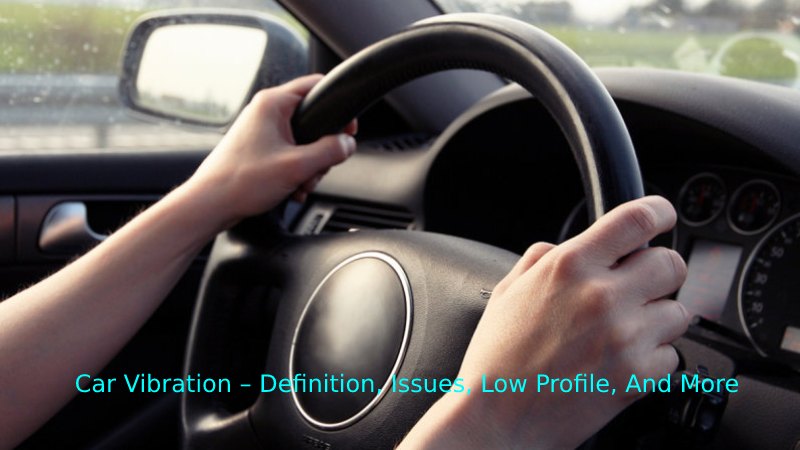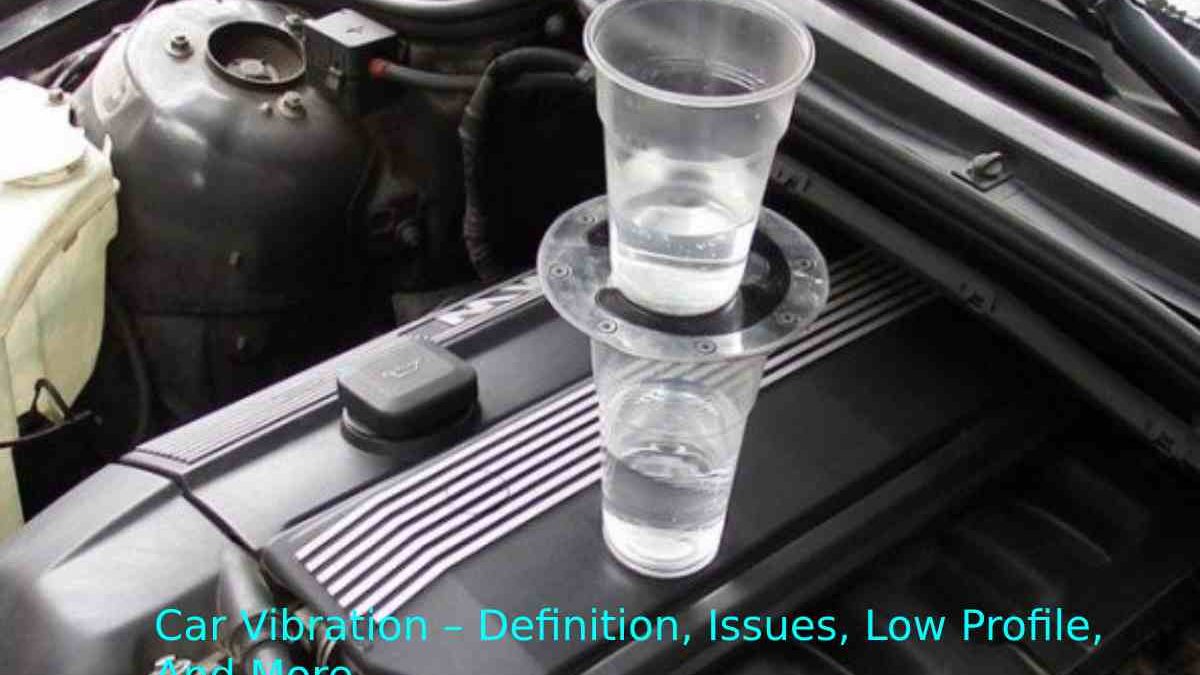Table of Contents
Car Vibrations when Driving – Definition – The 5 Most Common Reasons
Car vibration is a pretty common issue. Whether you’re driving a new car or a used vehicle, there may come a time when you start to experience strange vibrations, sounds, bumps, and drifting while driving. But don’t panic! These issues are pretty standard and straightforward to fix with professional auto servicing from Ride Time. If you’re experiencing issues with car vibration, your car could be suffering from one of the below problems.
Uneven or Bent Axles of Car Vibrations Driveshaft
The axles of your car are the long, rotating shafts that attach to your wheels and drive power from your transmission into them. Though they’re pretty durable, axles can be bent by collisions, going into a ditch, or driving over a speed bump or an object on the road. Uneven or bent axles are another common cause of car vibration. If this happens, you’ll feel your car start to “jostle” as you drive – and this vibration will usually increase in intensity as you go faster.
It’s also possible that your driveshaft is damaged. This is a rapidly spinning part responsible for transferring engine power to the axles and wheels – and if it’s bent or damaged, it can vibrate and shake.
Wheels may also suffer from excessive “runout” due to wear. Runout describes how much a wheel will deviate from a perfect rotation when spun – and if runout exceeds about a centimetre, the wheel will usually need to be replaced.
Engine Issues of Car Vibrations
While it’s somewhat uncommon, engine issues can cause cars to vibrate while driving. Often, this shaking or shuddering will be emitted from the engine department. The most common reasons for this include:
- A dirty or clogged fuel filter
- Spark plugs that are not running smoothly
- Poor air/fuel mixture in the piston
- The engine is not getting enough air
Get your car looked at right away. Suppose the vibration occurs more during acceleration or only after you’ve been driving for a specific time. In that case, these are indicators that your engine could cause vibration issues. Left untreated, these issues can cause severe damage to your engine compartment.
 Warped Or Damaged Brake Rotors
Warped Or Damaged Brake Rotors
If your car tends to shake more when you use the brakes, you likely have some problem with your brake rotors. The brake rotor is the disc-shaped component of modern disc brake systems. It’s responsible for applying pressure to the brake pads – which contact your wheels and slow down your car.
If the rotor uses heavily, or you don’t change your brake pads regularly, it can become bent and warped. Essentially, one specific area of the rotor overheats deformes. When this happens, your brake callipers and pads can’t grip the brake rotor properly. This causes vibration – usually only felt when stopping or applying the brakes. If you think this is your problem, see a brake specialist right away to prevent further damage to your brake rotors.
Misaligned Or Wobbly Wheels for Car Vibrations
If your wheels are misaligned, your car will usually “drift” when you take your hands off the wheel, and the steering wheel itself may vibrate or shake. This is a pretty easy fix –bring your car in for an alignment, and the problem resolves. But sometimes, the wheel itself is responsible for vibration. The wheel’s hub may be wobbly due to improperly torqued lug nuts. The wheel bearings may also wear out – though this usually only occurs if you drive off-road or for extremely high mileage.
Low Profile of Car Vibration Low Rolling Resistance Tires
If your car with low-profile or high-performance tires, that could be your vibration problem. However, it’s best to eliminate other potential causes. Tires are often the cause of your car’s moving vibrations, so the following two pages will examine different tire problems and how they can affect how your vehicle runs.
Low rolling resistance tires, also known as low-profile tires, are becoming increasingly common in hybrid cars and EVs. These tires reduce drag and resistance, which boosts the EPA fuel economy rating, a critical measure for these types of vehicles, particularly from a marketing standpoint. However, low rolling resistance tires are more complex than most drivers use to and aren’t pleasant to drive on because they don’t absorb much of the road’s imperfections.
They Referred to Car Vibration
Even though referred to as low-profile tires, that term is confusing because the “low profile” may attribute to other performance tires. In either case, you’re looking at tires that have less material or more challenging material, and therefore tires that are less able to absorb bumps, pits and texture on the road.
Conclusion
Often, vibration is pretty harmless. But some issues like vibration causes by engine problems. Should not ignore. Not sure why your car is vibrating? Please bring it to the Ride Time service centre in Winnipeg! car is vibrating aren’t the only possible culprits. When in doubt, it’s always a good idea to see an automotive service professional. For more information about diagnosing car problems and other related topics.
Also Read: What is Alfa Romeo Ton ale? Explaining, Engine, Performance, And More


